Page Speed and SEO: Improved Google Rankings, Stronger Performance
Page speed is a concept that somehow refers to the speed of your website, we know that. But do we also know that: This concept also affects the UX your site promises and what search engines think of you.
These two issues reveal why page speed is related to SEO: there are many things that SEO needs at page speed!
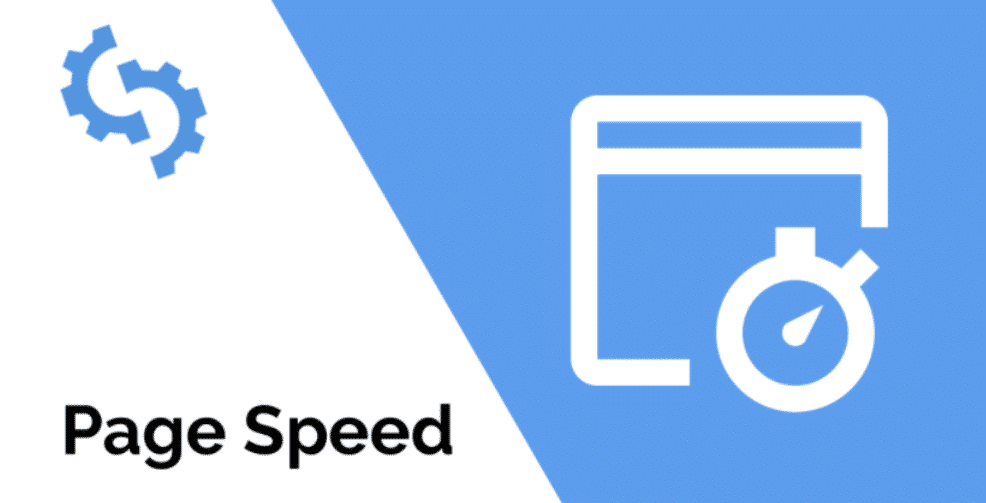
How does page speed affect SEO?
Before beginning, when you read the ‘’page speed’’ concept, don’t think of the simplest definition. There are many metrics used to make the most accurate measurement of this performance category. Well, those metrics are also what Google Lighthouse loves a lot. And since performance is a pretty close friend of SEO, we’ll have to talk a lot about SEO when talking about page speed.
Start your 7-day free trial! No credit card required.
Get To Know the Concepts: Page Speed and SEO
In order to understand the subtle relationship between Page speed and SEO that affects your Google rank considerably, it is necessary to define these two different concepts first, right?
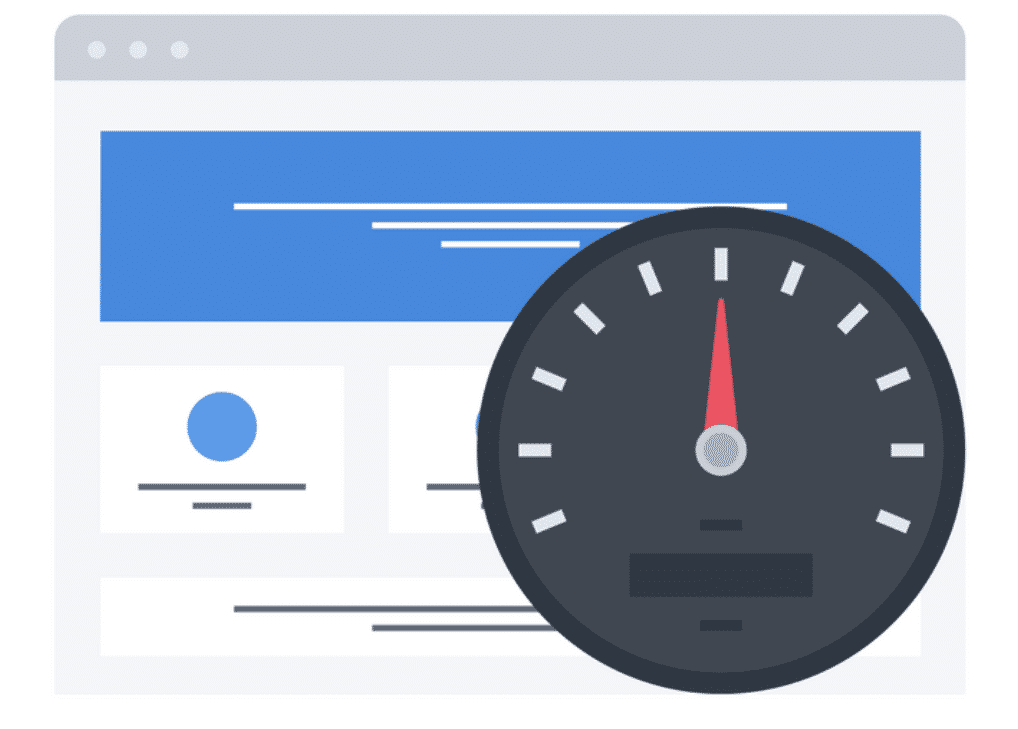
Starting with Search Engine Optimization
SEO is also known as search engine optimization and it has become the “trouble-maker” of every web project these days. You ask why? Well, aiming for an organic ‘’power gaining’’ with the most current requirements is a real job of patience.
Do, what is it? You need to appeal to users looking for services, products, or content in search engines, right? What is required for you is that search engines show you to relevant users, but not the other websites. This is exactly why your process of complying with the basic requirements that search engines demand of you is called SEO. With alerts, updates, and adjustments to increase UX, you increase your scores and so strengthen your chances of being more visible (ranking higher) in relevant keywords in the SERP. That’s exactly what SEO means.
The basic principle of SEO is UX. Because what the search engine wants from you is clear: “Give my users something useful!”
Continuing with Page Speed
So what is page speed? Let’s just say: Page speed can be the loading or running speed of any page on your website. However, when evaluating this speed, we do not look at how many seconds the page loads with a value between 1 and 10. The paint stages that are covered from zero to ten points are also extremely valuable for both UX and search engines.
Hey, little note! Page speed expresses a general concept for us, while Pagespeed is a software used by Google and it is a system that measures the speed of your page with various sub-metrics for giving you scores.
In order to calculate these metrics, data from two different points are combined by Google:
- PageSpeed Insights Speed Score
- CrUX (Chrome User Experience Report)
How Does Page Speed Effect SEO?
So, does page speed affect SEO? Let’s give the quick answer first: Yes!
But how?
Bounce rates, SEO and Page Speed
The loading or running speed of a website directly affects the user experience of that website. Imagine yourself as a user. You have entered the site and are waiting for the site to load. Research shows that the majority of users close the tab, especially after the first three seconds. Even worse: About half of these go to your competitor sites via the search engine rather than closing the tab. Hey, Google is noticing this!
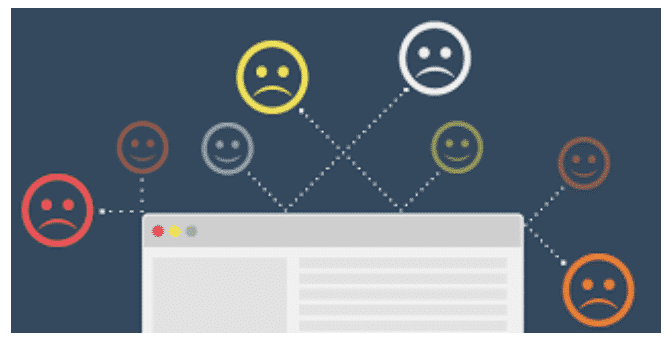
Low page speed, which causes increased bounce rates, indirectly affects rankings. This situation can be directly explained as page speed affects SEO through UX, rather than being perceived as a direct influence of the page speed on your Google rankings.
Page Speed Has A Direct Effect On SEO
In 2018, Google released “The Speed Update”. Especially since that day, it has been understood that among the factors affecting rankings, page speed will be much more important than before. Websites that load slowly, delay first paint, or have buttons whose functions do not work even though they are loaded directly affect your ranking negatively.
But how exactly does Google measure this? Let’s say it right away: With Google Pagespeed Metrics!
What are the Page Speed Metrics that Affect SEO?
Google Pagespeed metrics are all of the subcategories Google uses to measure the speed of your site as a whole. Experts recommend that you should both aim to increase your loading speed per second and to increase the overall Pagespeed score given for you through Lighthouse. Of course, you need to know these metrics first.
First Contentful Paint
Imagine you’re entering a website. Content has not been uploaded yet, but you are seeing areas where content will be uploaded in the near future. Hollow rectangles which have different background faded visual areas and page appearance that creates an expectation in you about the page. But there is no content whatsoever. This moment is the point of what we say first contentful paint. Studies say that even when page speed isn’t fast enough if users see first contentful paint, which means a clue to the content, it can be helpful for reducing bounce rates.
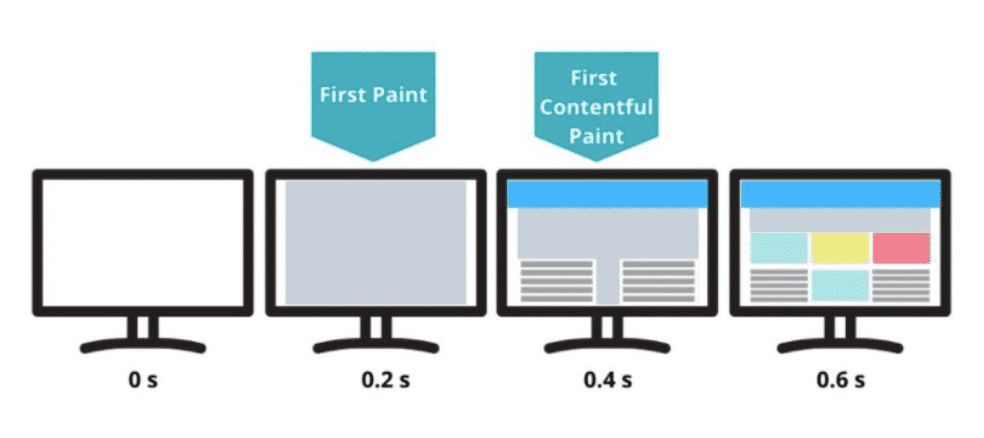
First Meaningful Paint
Hey, Google likes firsts! What did we say? FCP only had tiles and background colors. Even if the entire web page is not loaded, First Meaningful Paint defines the first time something about the content begins to appear in an area of the page. It may be a short text that you can read, sometimes the logo of the site. But now we’re talking about meaningful content that appeals to you.
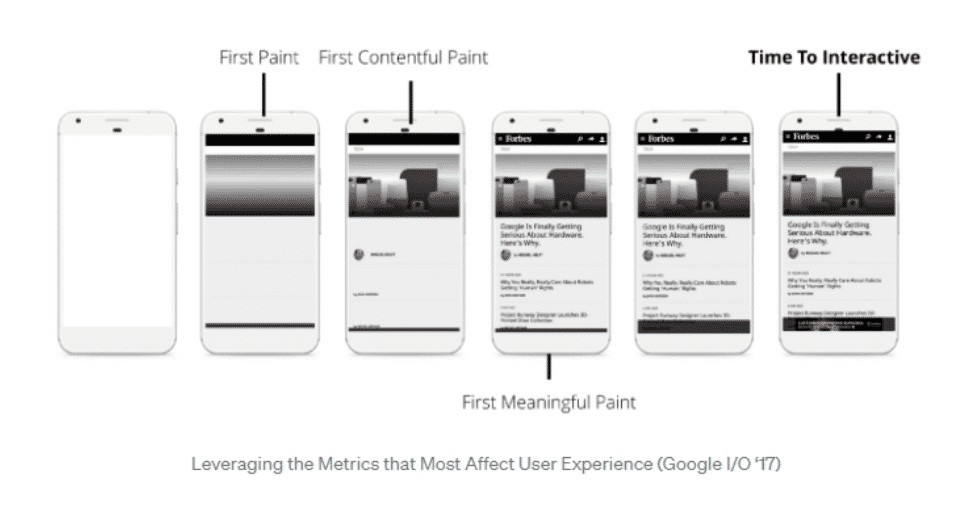
Speed Index
How quickly does all of the content on a page load? Think the moment when all sections of the website were visible and usable. The time elapsed from the first request transmitted to the app server by the browser to this moment is called speed index. Low results mean stronger results: because the user waits for less.
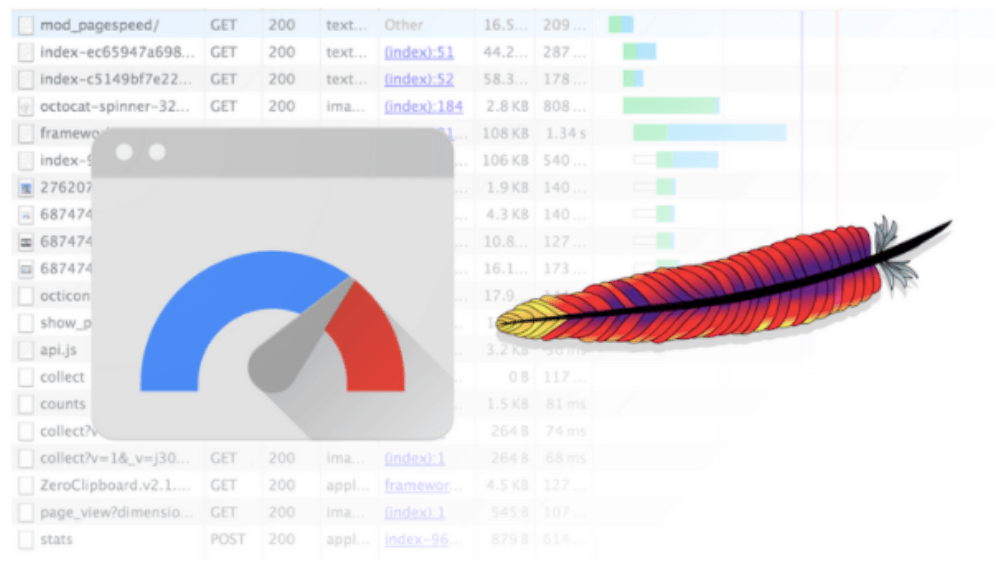
But how is that calculated? Google does a simple process: During the loading of your web page, your page is crawled every 100 ms and it is examined what percentage of the page is loaded visually. That’s it!
First CPU Idle
Hey, suppose the site is loaded. You see a lot of content, but as a user, none of your requests are processed on the site: You cannot use the site interactively: can’t scroll, can’t press a button, can’t g to another page. Bounce rate is affected by this situation, and Google cares about it, causing it to affect the overall SEO score negatively. That is why First CPU Idle is important. It represents the first time the website can interact with the user (hey, ‘’for real’’).
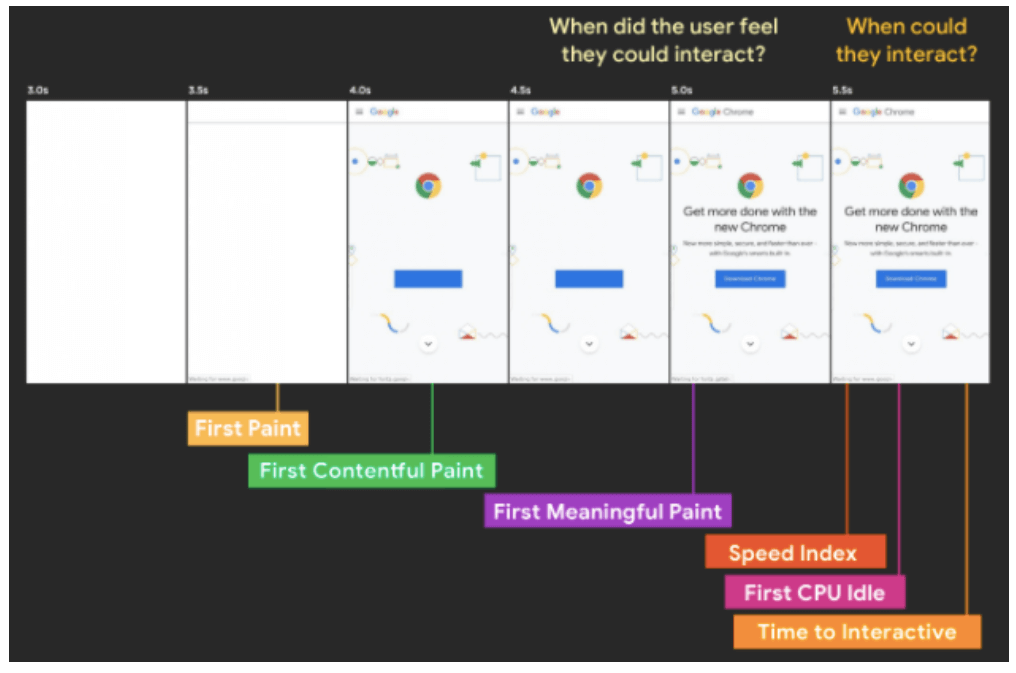
Time to Interactive
First CPU Idle was the first time a user could interactively see the consequences of their actions on the site, right? Time to Interactive is the first time that all functions are fully operational and device memory is ready for anything.
Max Potential First Input Delay
When measuring your Google Pagespeed performance, how long it takes users to get a response from your site is also taken into account. How quickly can a user go to the relevant page when they click on any button on your site? But does the scroll move give immediate results? Google cares about this, too!
Why Does your Webpage Slowing Down?
We know that SEO and Pagespeed are now highly correlated. Because the improvement of these two different concepts is basically aimed at improving the user experience. Moreover, even Google’s official statements make it clear that Performance is a powerful factor that can affect the ranking.
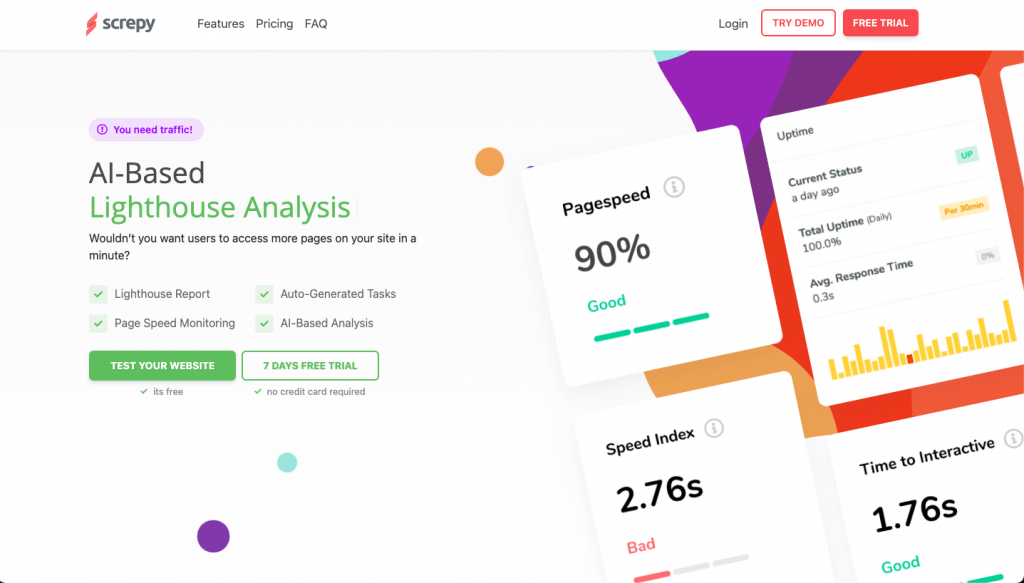
Screpy Page Speed
So what exactly could be slowing down the pages on your website? Screpy makes detailed analyzes for each of your projects and presents the problems affecting your score as tasks. Yes, real tasks! So it becomes possible to examine step by step what exactly you need to do to solve each problem.
So, strengthening Google ranking, having a faster web page, or boosting SEO is not the job of experts. Thanks to Screpy, anyone can do them!
Test Your Website Performance!
You can quickly analyze your site in a minute